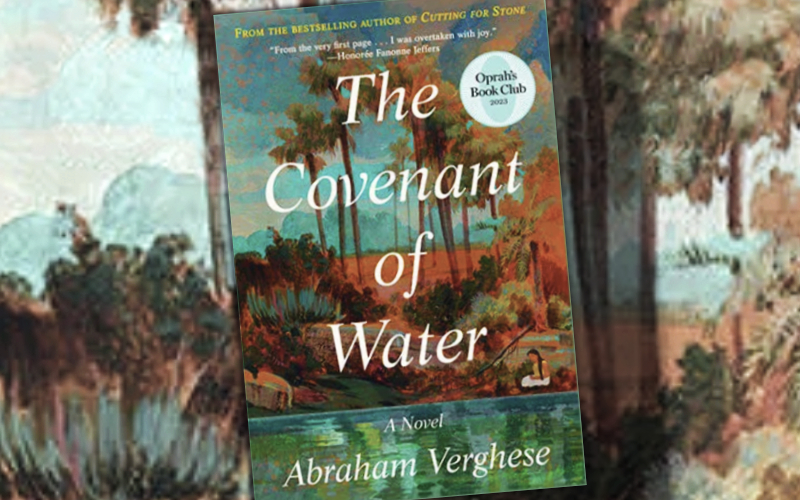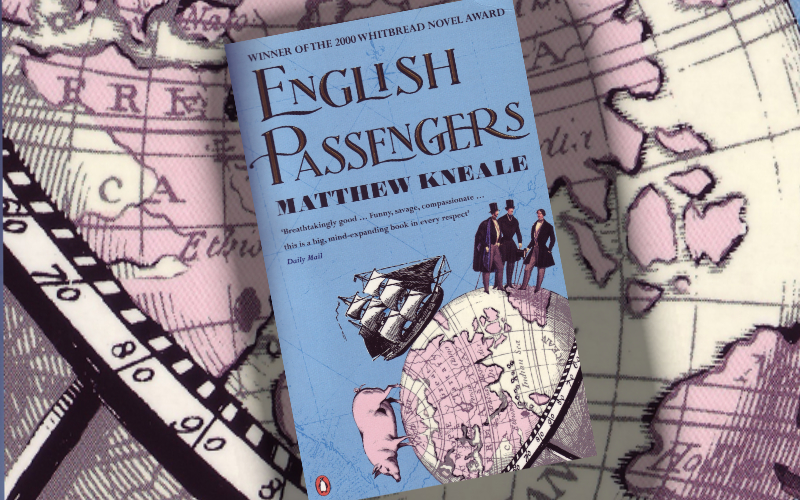“Fiction is the great lie that tells the truth about how the world lives!” says a character in the The Covenant of Water. That’s an oldie but a goodie and is perhaps is an apt quote for this book. I’ve never been to India. But with Verghese’s story it felt as though I visited every evening, in that witching hour before sleep, when a book takes me somewhere else. Reading Verghese, as I experienced before with his first novel, Cutting for Stone, is an immersive experience.
Continue reading “The Covenant of Water”The Covenant of Water
The Covenant of Water, by Abraham Verghese










